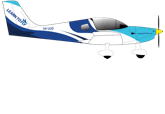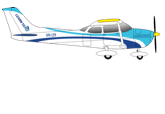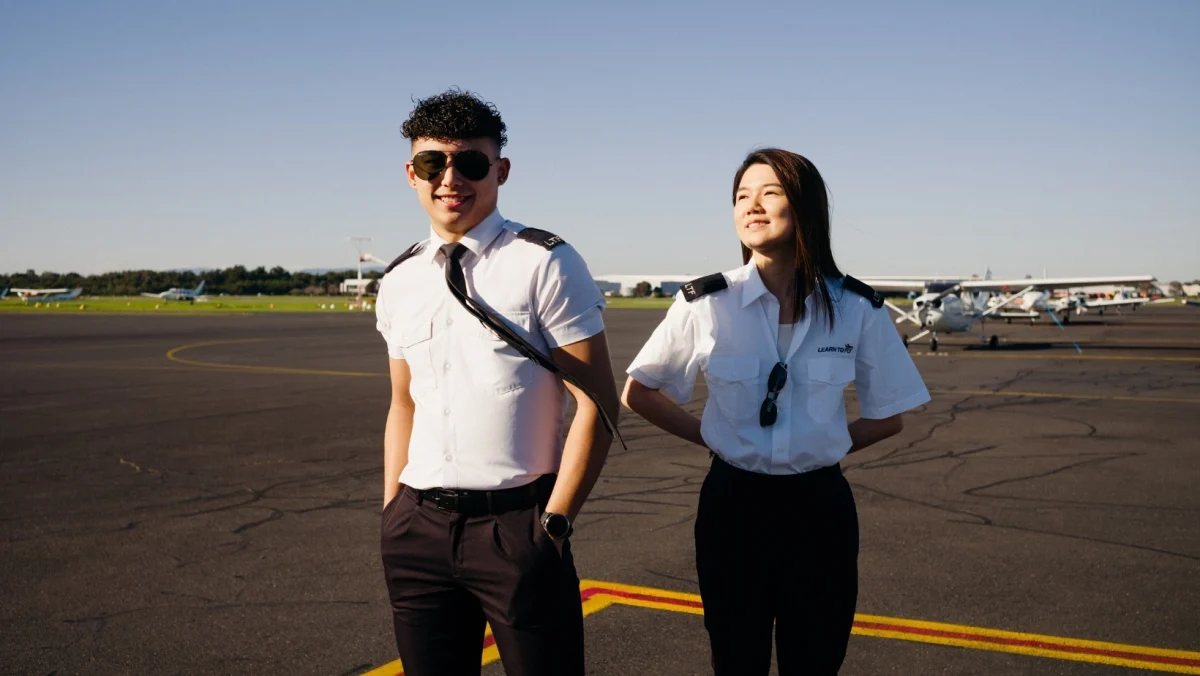
June 12, 2024
Career Development and Professionalism in Aviation
Whether aspiring to become a pilot, air traffic controller, aviation manager, or any other aviation professional, cultivating a mindset of continuous learning and professionalism is crucial.
Career development and professionalism are a vital aspect of any role in any industry but in aviation, it goes beyond obtaining certifications and licenses. It involves ongoing education, skill enhancement, and career advancement opportunities. Pursuing higher education, such as a bachelor of aviation in Melbourne or training at prestigious institutions like the Hong Kong Aviation Academy, can open doors to diverse career paths within the aviation industry.
Continuous learning and training
Continuous learning and training are essential for aviation professionals to stay updated on industry advancements. Whether it is new technologies, updated regulations, or evolving best practices, staying informed is crucial for maintaining competence and ensuring safety. This involves participating in workshops, seminars, and specialised training programs tailored to the specific needs of aviation roles. By investing in ongoing education, professionals can enhance their skills, adapt to changes in the industry, and uphold the highest standards of safety and professionalism in their work.
Networking and professional connections
Networking and building professional connections are invaluable for career advancement in the aviation industry. Professionals can access mentorship, collaboration, and career development opportunities by cultivating a robust network. Attending industry events, joining professional associations, and participating in online forums enable individuals to connect with peers, mentors, and potential employers. These connections provide insights into job opportunities, industry trends, and best practices, ultimately supporting career growth and success in aviation.
Adhering to ethical standards
Professionalism in aviation encompasses adhering to ethical standards and codes of conduct. Aviation professionals are entrusted with the safety and well-being of passengers and crew, making these decisions a core part of their responsibilities. Upholding integrity, honesty, and accountability builds trust and credibility within the aviation community.
Developing leadership skills
Leadership skills are vital for career advancement in aviation, as they empower professionals to inspire, guide, and motivate teams towards shared goals. Effective leadership cultivates collaboration, enhances communication, and sustains a culture of excellence within aviation organisations. Developing leadership skills involves honing abilities such as decision-making, problem-solving, and conflict resolution, which are essential for navigating the aviation industry.
Aviation professionals can cultivate leadership capabilities through mentorship, training programs, and hands-on experience in managerial roles. By investing in leadership development, individuals enhance their career prospects and contribute to the overall success and resilience of aviation operations. Strong leadership enables organisations to adapt to challenges, innovate, and achieve sustainable growth.
Embracing diversity and inclusion
Embracing diversity and inclusion in the aviation industry supports innovation, creativity, and collaboration. With professionals hailing from diverse backgrounds and cultures, the industry benefits from a broad spectrum of perspectives and experiences. By creating inclusive work environments where all individuals feel valued and respected, aviation professionals can harness the full potential of their teams. Embracing diversity enriches organisational culture and enhances decision-making processes. In the aviation sector, embracing diversity is essential for driving progress, meeting challenges, and achieving sustainable success.
Maintaining professionalism in challenging situations
When faced with adverse conditions or emergencies, such as severe weather or technical malfunctions, pilots, air traffic controllers, pilots and ground staff must remain composed and focused on executing their duties with precision.
Clear communication, adherence to standard operating procedures, and swift decision-making are crucial for resolving crises and ensuring the safety of passengers and crew. Professionalism extends beyond technical competency to encompass empathy, teamwork, and a commitment to excellence. By upholding these values in the face of adversity, aviation professionals mitigate risks and inspire confidence among passengers and colleagues.
Ultimately, maintaining professionalism in challenging situations is a testament to the dedication and integrity of individuals in the aviation industry.
Investing in personal growth
Investing in personal growth is an essential aspect of career development and professionalism in aviation. Beyond technical expertise, aviation professionals should prioritise the cultivation of soft skills such as effective communication, critical thinking, and leadership. These skills improve job performance and facilitate collaboration, decision-making, and conflict resolution in diverse work environments. Investing in personal well-being sustains resilience and managing stress in high-pressure aviation roles. Engaging in activities like mindfulness meditation, regular exercise, and pursuing hobbies outside of work promotes mental and emotional balance, thereby enhancing overall job satisfaction and performance. By actively seeking opportunities for personal growth and self-improvement, aviation professionals can continue to evolve and excel in their careers while contributing positively to the industry.
Career development and professionalism are fundamental principles that underpin success in the aviation industry. Aviation professionals can confidently navigate their careers and contribute to advancement and safety by prioritising continuous learning, ethical conduct, leadership development, and personal growth. Whether pursuing a bachelor of aviation or learning in an airline cadet program, aspiring aviation professionals should embrace the values of career development and professionalism to excel in their chosen fields.


